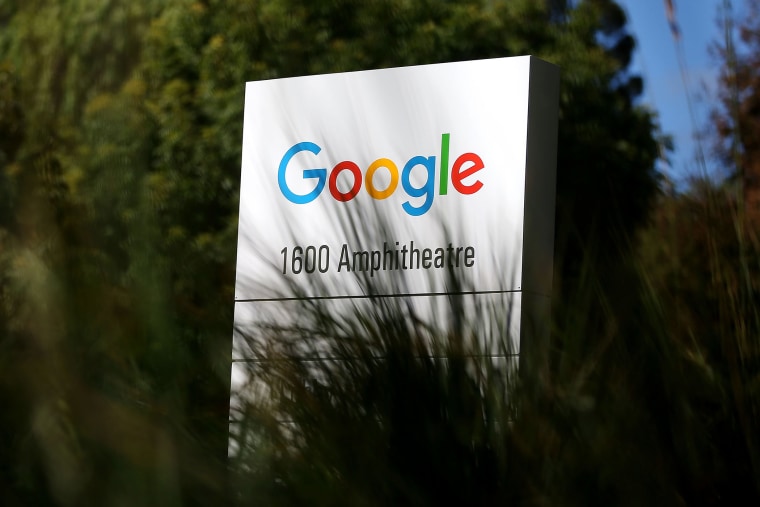Google.org, the philanthropic arm of the tech giant, announced Friday that it is donating $3 million in new grants to organizations dedicated to fighting racial injustice in the Bay Area, where the company is based.
The company is teaming up with San Francisco’s My Brother and Sister's Keeper program; Oakland’s pro-"community responsive" teaching Roses in Concrete Community School; Beyond12, an education resource service for low income and first generation students; as well as author/activist Bryan Stevenson and the Equal Justice Initiative (EJI), which is a national nonprofit.
"Each of these organizations and their leaders have shown a deep, fundamental understanding of racial injustice and are actively finding ways to rid our systems of social, educational and economic exclusion. We as a company are proud to support them," Justin Steele, principal at Google.org, said in a blog post released on Friday.
RELATED: Getting your groceries from...Google?
Last year, Google.org gave $2.35 million in grants to community organizations, and Steele sees potential for their recent spate of investments in social justice activism to go national with a goal of achieving universal access to information and changing narratives on the subject of race by "using technology to create empathy."
"We haven't fully confronted the history of racial injustice in the country," Steele told MSNBC on Friday. "We have to be willing to be uncomfortable and do uncomfortable things." In the announcement of the new grants on Friday, Google did not shy away from name-checking African-American victims of gun violence and/or alleged police brutality, including Tamir Rice, Sandra Bland, Michael Brown and Jordan Davis. The company has even screened a documentary on Davis, who was shot and killed while unarmed ostensibly for playing loud music in a gas station parking lot in the fall of 2012, for its employees and members of urban communities around the country.
"The hope is that other folks join with us," Steele said. "There is a hesitancy to get involved in the external work before you've done the internal work." And Steele concedes that Google has a lot of internal work to do. According to its website, Google's employees are 70 percent male and less than 5 percent of those workers are black or Latino.
And they are not alone among major tech companies in the diversity deficit department. Facebook also boasts just 2 percent black employment, and that site's founder, Mark Zuckerberg, has found himself reeling from headlines about people at his company defacing Black Lives Matter messages on their famous signature wall. “Black lives matter doesn’t mean other lives don’t,” Zuckerberg wrote in the scathing message to his employees, according to Gizmodo.
Still, Steele argues that companies like his shouldn't be afraid to engage on issues of race and unequal access, even if they have a lot of work to do in-house. For instance, the work of Bryan Stevenson presents a real opportunity to both education and illuminate the public. His organization maintains the most comprehensive U.S. record of lynchings and is installing markers in the South to commemorate the physical locations of the unspeakable hate crimes that occurred up through the 20th century.
"That period of history between reconstruction and the civil rights movement was an era of racial terror in our country. From Google's perspective that's information and knowledge," Steele said. "And that's what we're about as a company."
